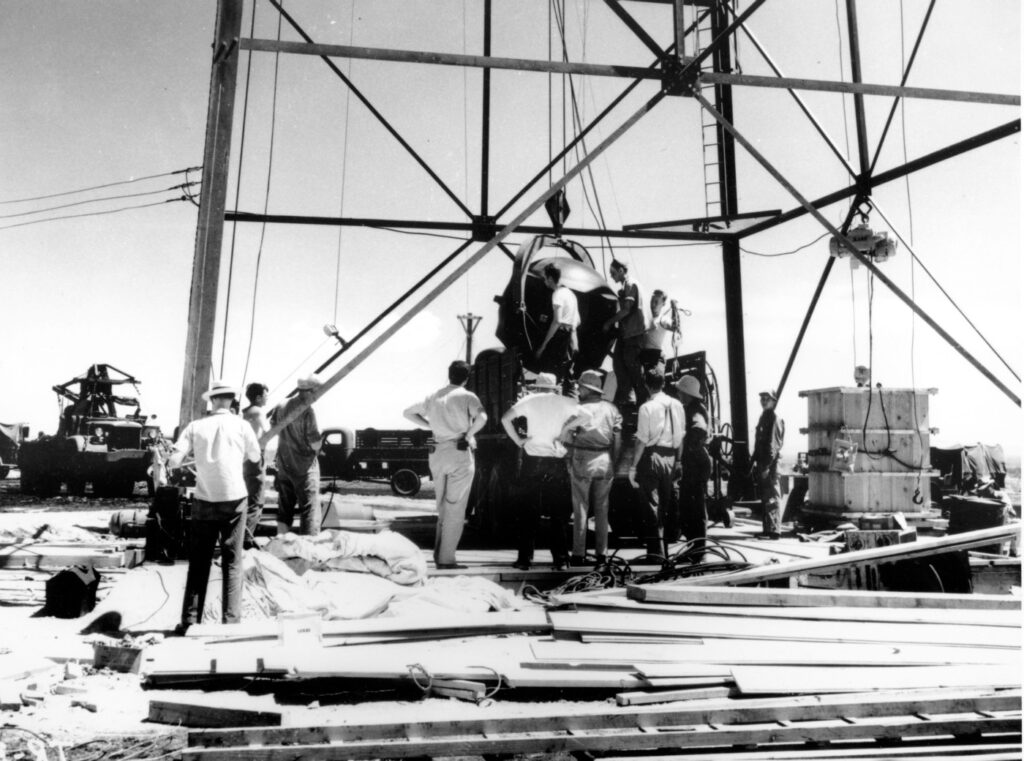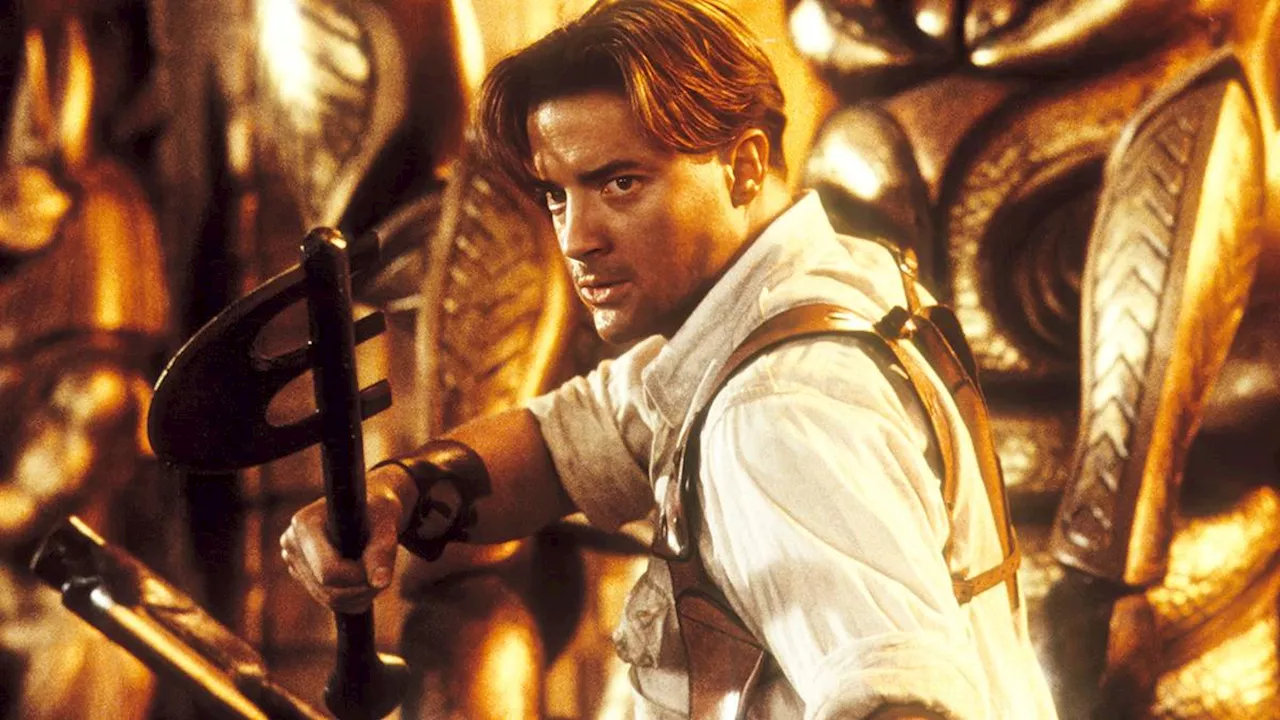
Eighty years ago, the world witnessed the first detonation of a nuclear weapon during the Trinity test in Alamogordo, New Mexico, on July 16, 1945. This pivotal moment has since defined the global landscape, particularly as the anniversaries of the atomic bombings of Hiroshima on August 6 and Nagasaki on August 9 approach. As we reflect on these significant dates, the urgency to eliminate nuclear weapons has never been clearer, with the potential for catastrophic consequences looming large.
The Federation of Concerned Scientists, established by some of the original creators of the atomic bomb, warns that “the nuclear threat has roared back to life.” They emphasize the dangers posed by human error and malfunctioning computer systems, stating that to ignore these risks would be to do so at our “collective peril.” Recent events highlight these concerns, including military actions involving nuclear-armed states.
In 2023 alone, tensions have escalated significantly. The United States and Israel carried out airstrikes against Iran’s nuclear facilities, while Russia continues to leverage its nuclear arsenal amid the ongoing conflict in Ukraine. Additionally, India and Pakistan engaged in their most significant military confrontation in years, and China is rapidly expanding its nuclear capabilities in response to perceived threats from U.S. technology. Meanwhile, North Korea persists in testing ballistic missiles, further complicating the international security landscape.
In a powerful appeal for nuclear disarmament, former Congresswoman Tulsi Gabbard, after visiting Hiroshima, urged the global community to “demand an end to this madness.” She advocates for a world where no one must live in the shadow of nuclear annihilation. Her sentiments resonate with those expressed by author and investigative journalist Annie Jacobsen, who argues in her book, “Nuclear War: A Scenario,” that the potential for nuclear conflict is profoundly irrational. Jacobsen’s extensive interviews with experts reveal a consensus: nuclear war is a dire threat that could result in the deaths of hundreds of millions.
Prominent figures like Daniel Ellsberg, known for leaking the Pentagon Papers and for his role in nuclear strategy during the Kennedy administration, echo these concerns. In his book, “The Doomsday Machine,” Ellsberg asserts that the discussion surrounding nuclear policies often lacks recognition of their inherent insanity and immorality. He highlights the catastrophic aftermath of a nuclear exchange, predicting a “nuclear winter” that would devastate agriculture and kill billions.
As the world grapples with these somber realities, there is a glimmer of hope. Currently, 98 nations have ratified or signed on to the United Nations Treaty on the Prohibition of Nuclear Weapons, which aims to move toward a future free of nuclear arms. Advocates for disarmament argue that it is crucial for nuclear-armed nations to engage in multilateral disarmament with robust international monitoring mechanisms.
In response to skepticism regarding trust among nuclear-armed countries, the argument is made that humanity faces a choice: either take the necessary risks to foster trust and cooperation or risk the permanent loss of life on this fragile planet. As members of the Hampton Roads Campaign to Abolish Nuclear Weapons, Rev. Julia Dorsey Loomis and Steve Baggarly call for a collective movement towards sanity and peace.
The 80th anniversary of the Trinity test serves as a stark reminder of the destructive potential of nuclear weapons. As the global community reflects on this historical milestone, it is imperative to push for action toward disarmament and the establishment of a world free from the specter of nuclear conflict. The time to act is now.







